In a startling revelation from a report highlighting Walter Isaacson’s upcoming biography of Elon Musk, it has been revealed that the entrepreneur directed his team to deactivate SpaceX’s Starlink satellite communications system near Crimea last year, which possibly thwarted a planned Ukrainian assault on the Russian fleet. However, Musk shed more light on the situation, noting that it did not happen quite the way it was reported.
Isaacson’s account asserts that Ukrainian submarine drones carrying explosives had approached Russia’s fleet when they unexpectedly lost connection and wound up drifting ashore without causing any damage. Musk’s decision was reportedly motivated by concerns over a potential Russian nuclear retaliation that could have killed many people on both sides of the conflict, according to a CNN exclusive report:
Elon Musk secretly ordered his engineers to turn off his company’s Starlink satellite communications network near the Crimean coast last year to disrupt a Ukrainian sneak attack on the Russian naval fleet, according to an excerpt adapted from Walter Isaacson’s new biography of the eccentric billionaire titled “Elon Musk.”
As Ukrainian submarine drones strapped with explosives approached the Russian fleet, they “lost connectivity and washed ashore harmlessly,” Isaacson writes.
Musk’s decision, which left Ukrainian officials begging him to turn the satellites back on, was driven by an acute fear that Russia would respond to a Ukrainian attack on Crimea with nuclear weapons, a fear driven home by Musk’s conversations with senior Russian officials, according to Isaacson, whose new book is set to be released by Simon & Schuster on September 12.
Musk’s concerns over a “mini-Pearl Harbor” as he put it, did not come to pass in Crimea. But the episode reveals the unique position Musk found himself in as the war in Ukraine unfolded. Whether intended or not, he had become a power broker US officials couldn’t ignore.
In a clarifying post on X, the social media platform formerly known as Twitter, Musk noted that Starlink was not operational in Crimea in the first place. He explained that the Ukrainian government made an “emergency request” to activate the service in the region ostensibly to aid in the attack on the Russian fleet. “If I had agreed to their request, then SpaceX would be explicitly complicit in a major act of war and conflict escalation,” he wrote in response to Mario Nawfal, an entrepreneur and social media personality who repeated the original claim from the CNN report.
There was an emergency request from government authorities to activate Starlink all the way to Sevastopol.
— Elon Musk (@elonmusk) September 7, 2023
The obvious intent being to sink most of the Russian fleet at anchor.
If I had agreed to their request, then SpaceX would be explicitly complicit in a major act of war and…
As the situation between Ukraine and Russia intensified, Musk found himself involuntarily thrust into the conflict. Isaacson’s book delves into the entrepreneur’s thought process regarding the possible risks of contributing to the hostilities. He had provided Starlink terminals for Ukraine in its defensive war against Moscow’s aggression. But when Kyiv began using the service to launch offensive operations against Russian forces, Musk reconsidered his decision:
After Russia disrupted Ukraine’s communications systems just before its full-scale invasion in February 2022, Musk agreed to provide Ukraine with millions of dollars of SpaceX-made Starlink satellite terminals, which became crucial to Ukraine’s military operations. Even as cellular phone and internet networks had been destroyed, the Starlink terminals allowed Ukraine to fight and stay connected.
But once Ukraine began to use Starlink terminals for offensive attacks against Russia, Musk started to second-guess that decision.
“How am I in this war?” Musk asks Isaacson. “Starlink was not meant to be involved in wars. It was so people can watch Netflix and chill and get online for school and do good peaceful things, not drone strikes.”
Musk was soon on the phone with President Joe Biden’s national security adviser, Jake Sullivan, the chairman of the joint chiefs, Gen. Mark Milley, and the Russian ambassador to the US to address anxieties from Washington, DC, to Moscow, writes Isaacson.
Mykhailo Fedorov, Ukraine’s Deputy Prime Minister, personally reached out to Musk to convince him to reinstate connectivity for their submarine drones. Musk refused, saying the country was “going too far and inviting strategic defeat.”
In a world where technological advancement has blurred the lines between peace and military hostilities, this story exemplifies how private entities can be entangled in geopolitical conflicts.
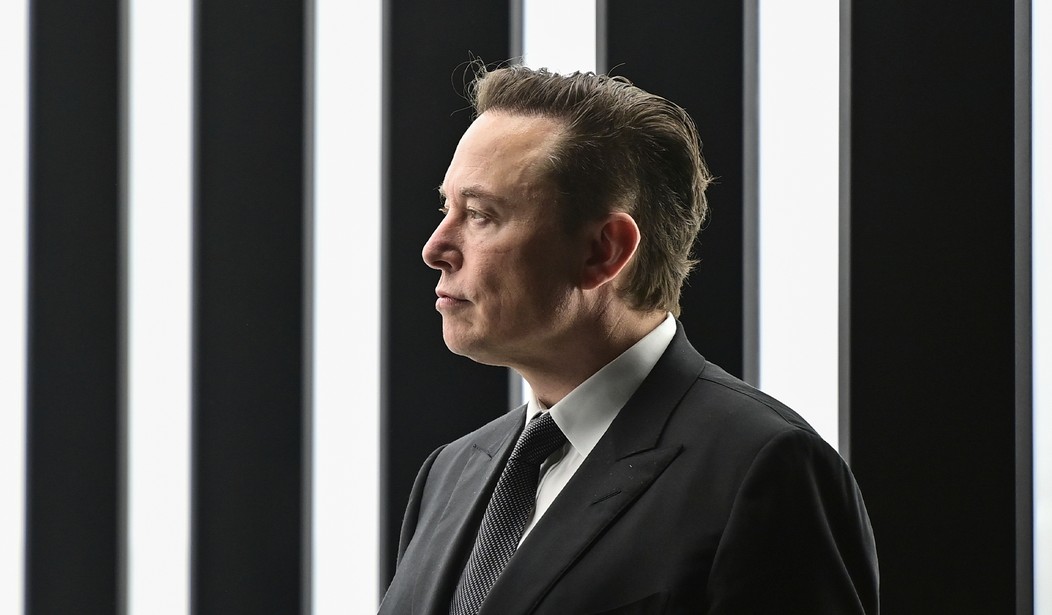
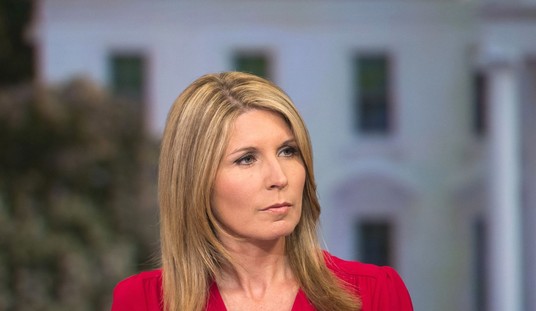
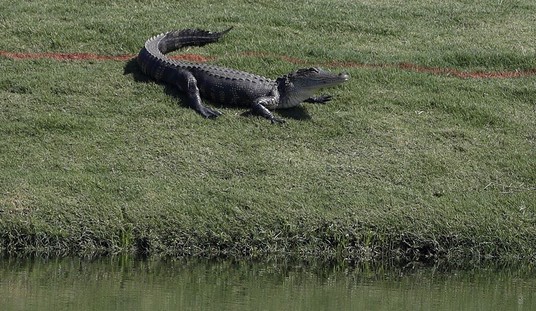

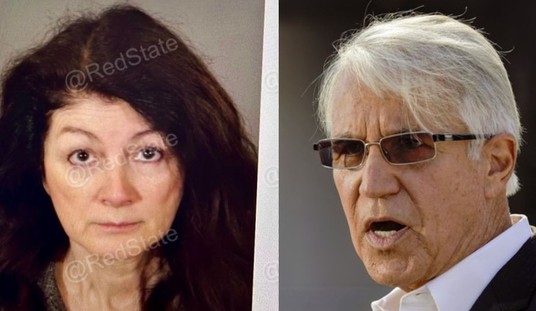

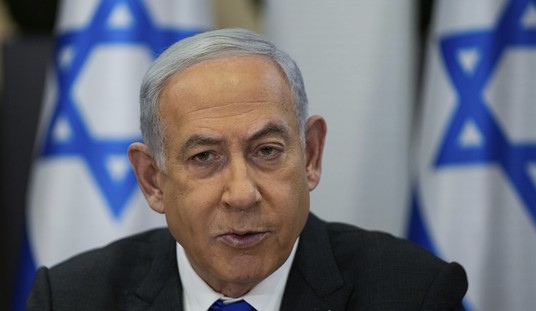
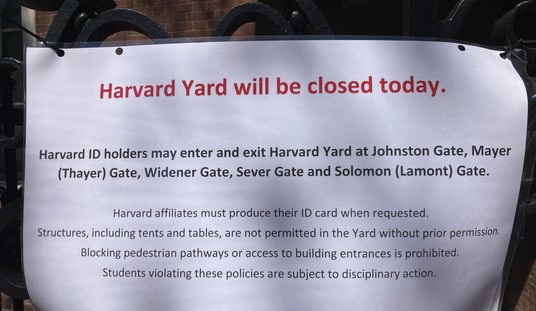

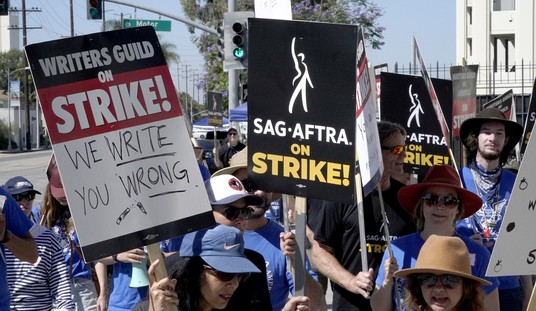

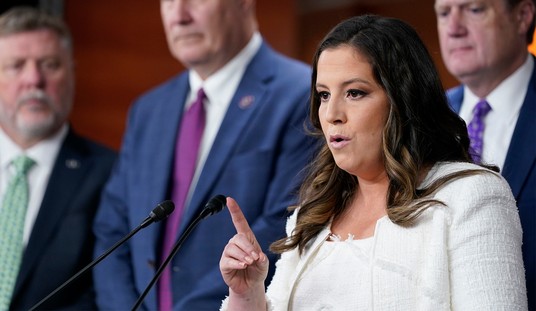
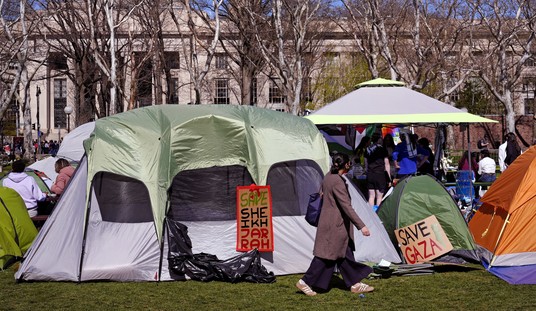

Join the conversation as a VIP Member